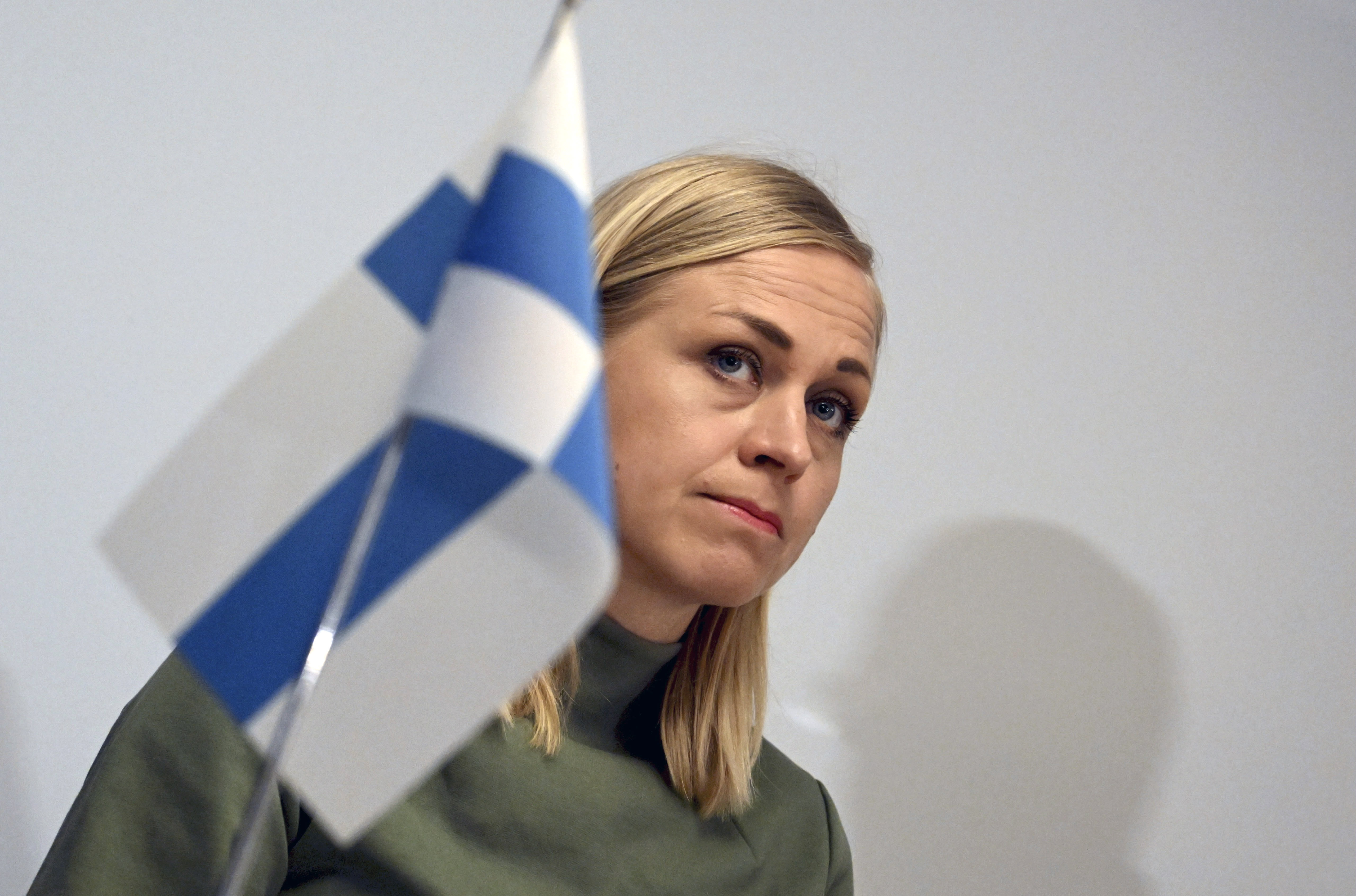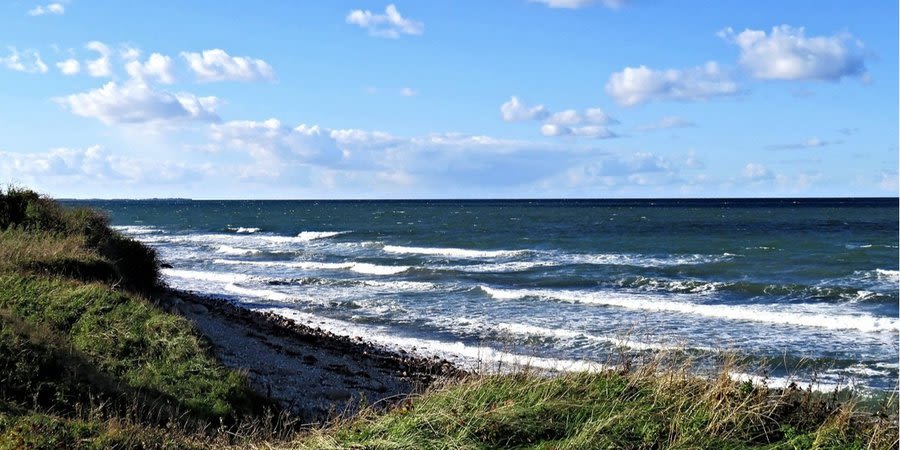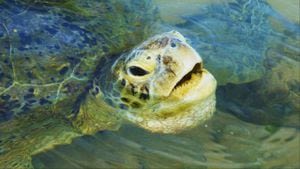Search results
Oct 19, 2023 · People often use the term sea in reference to the ocean.To geographers, a sea is a division of the ocean that is enclosed or partly enclosed by land.For this reason, all seas are saline, or salty.Some seas are called bays (like the Bay of Bengal, between India, Bangladesh, Myanmar, and Indonesia), while some lakes are called seas (like the Caspian Sea, shared by Azerbaijan, Iran, Kazakhstan ...
News about Ukraine, drones, rocket launchers
News about Russia, Baltic Sea, Lithuania
News about China, Watch, sea turtles
Also in the news
Mar 5, 2024 · Sea animals are harmed by the plastic either by getting tangled in it or by eating it. An example of marine pollution consisting mainly of plastics is the Great Pacific Garbage Patch. The Great Pacific Garbage Patch is a floating dump in the North Pacific. It’s about twice the size of Texas and probably contains about 100 million tons of debris.
Explore the diversity and evolution of ocean life, from ancient seas to modern coral reefs, with stunning images and videos.
In 2018, scientists officially described a snailfish (Pseudoliparis swirei) at 27,000 feet below sea level, the deepest living fish ever found. The snailfish lacks scales, has large teeth, and does not bioluminesce, a departure from what many people envision in a deep-sea fish. It is the only named fish at such depth.
Sea lions, whales, shore birds, and other ocean animals make meals of the smaller critters that hide in the leaves. Other ocean habitats aren’t actually in the ocean, such as estuaries. Estuaries are areas where rivers and oceans meet and have a mix of saltwater and freshwater. Oysters, crabs, and many birds like great herons and egrets live ...
Ocean, continuous body of salt water held in enormous basins on Earth’s surface. There is one ‘world ocean,’ but researchers often separate it into the Pacific, Atlantic, Indian, Southern, and Arctic oceans. Covering nearly 71 percent of Earth’s surface, the oceans have an average depth of 3,688 metres (12,100 feet).
Oceana International Headquarters 1025 Connecticut Avenue, Suite 200 Washington, DC 20036 USA. General Inquiries +1(202)-833-3900 info@oceana.org. Donation Inquiries








